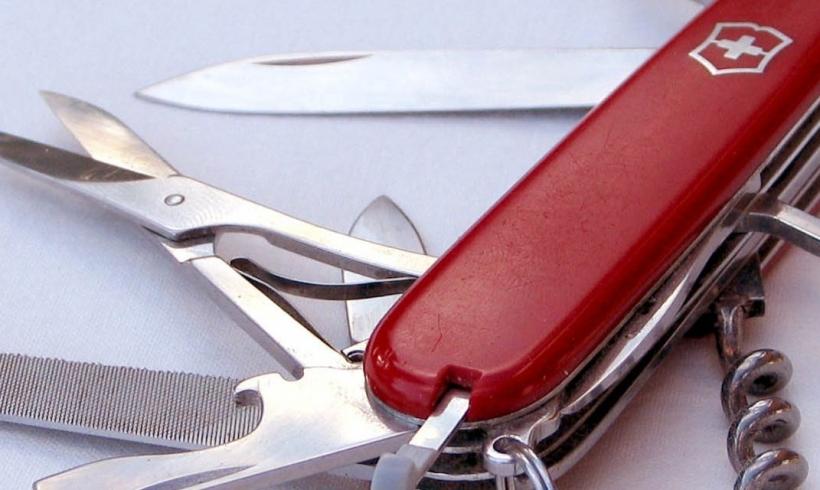Mental Health Awareness Week is 18-24thMay 2020 and it might be the most important one yet – a mental health crisis is brewing under the surface of the Covid-19 pandemic, this is global but we can take steps to look after ourselves and our loved ones on an individual basis.
Understanding mental health was not easy for me at first – when I was younger & dumber I thought mental health problems were a sign of weakness and people suffering from them had a broken/diseased brain. Now, I understand that mental health problems are usually a completely understandable, even logical, result of someone’s personal situation/experiences.
Mental Health issues can arise when circumstances, often outside our control (like the pandemic), result in increased stress, anxiety or low mood – we all experience these things from time to time, and they only become a problem when this becomes your ‘normal’ state over a prolonged period (a few weeks can be enough). We usually try to ‘mask’ the problem with things like alcohol/drugs, holidays, buying stuff, living for the weekend, even immersing ourselves in our work – these are like putting a sticking plaster on an infected wound, it covers it up but it’s still there underneath and it’s probably getting worse.
At the moment I wouldn’t be surprised if quite a few of us are saying things like “I’ve not really got anxiety/stress/depression – I’m just really worried/feeling down because of the pandemic/uncertainty around my job and/or my family’s health etc.” Is that logical or denial? Maybe it’s both.
This was true for me, I remember saying things like “I’m not depressed, I’m just in a bad mood all the time because I’m in constant pain with my back – when the pain’s gone I’ll be fine”. It all seemed so unfair and my life was spinning out of control as viscous circles started gathering pace & power, pulling me down deeper into a dark hole.
Things improved pretty quickly when I admitted my mental health was a problem in its own right and could be treated as such – I discovered so many ways of improving my mood & wellbeing, many of which had delightful & unexpected benefits, and now I’m grateful to be in a pretty good place mentally (still working on the back pain and that’s OK).
Although it can be very scary admitting you have a mental health problem, in my experience this is vastly outweighed by the power and confidence you feel as soon as you start taking control – this power is within all of us, but we have to grasp the nettle.
Different things work for different people so be creative and see what works for you – think of it as coming up with your own “mental health swiss army knife”, the more tools you have in your pocket the more you will succeed and the happier you will be!
Here are a few ideas to explore if you’re interested in boosting your mental health or helping those around you:
- Understand that you have mental health and it’s something you have a certain amount of control over (I know it doesn’t always feel like that, especially when things are tough).
- Reflect honestly on yourself and your life – don’t just assume you’re happy because you’ve got a nice partner/job/car…what really makes you happy and what exactly don’t you like? This can mean facing some uncomfortable truths but this is essential to grow/evolve into an improved version of yourself.
- Exercise daily – try different things to see what you enjoy the most (hint hint), little & often is perfect and remember you don’t have to sweat to exercise!
- Rest better – explore ways to improve your quality of sleep at night, maybe try napping/guided relaxation meditations during the day.
- Connect with nature – gardening is great for this and you only need a windowsill to get started.
- Digital detox – monitor your exposure to news & social media, notice how these things make you think & feel.
- Practise gratitude – we all know we ‘are’/should be grateful for the roof over our head & food in our bellies, but do you actually feel it on a daily basis? This can have a surprisingly big impact.
- Meditating is like a bicep curl for your brain – studies have shown mindfulness (try our online classes hint hint) is as effective as anti-depressants and we’re only just starting to understand the many other benefits.
- Medicate mindfully – everything we put into our body is medicine – food and especially alcohol & drugs (prescription & otherwise) can significantly affect our mental health so monitor yourself to find a balance that works for you.
- Talk about how you are feeling – doesn’t matter if it’s an anonymous helpline, your GP or a loved one, talking about how you are feeling really does help.
If you’re stuck for ideas then check out the NHS’s Every Mind Matters, remember you can always try our online classes as a starting point and if you have any questions please get in touch.
I wish you the best of luck on your journey to improved mental health…also known as happiness!
Robin (Yin Yan Founder)


